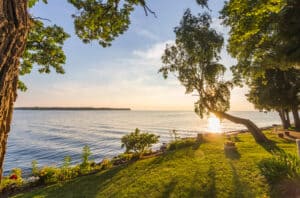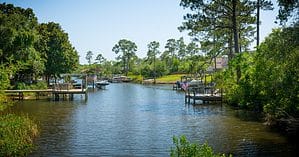More Americans than ever are choosing to work or retire abroad in tropical destinations like Panama. What’s not to love? Warm weather, relaxing beaches, and a laid-back lifestyle make it a no-brainer, right? Well, not so fast. Despite all the wonderful reasons to make Panama your home, it’s important to consider a few challenges that will test your commitment. This doesn’t mean you shouldn’t retire there, but you should certainly consider some of the downsides.
But First the Good Side
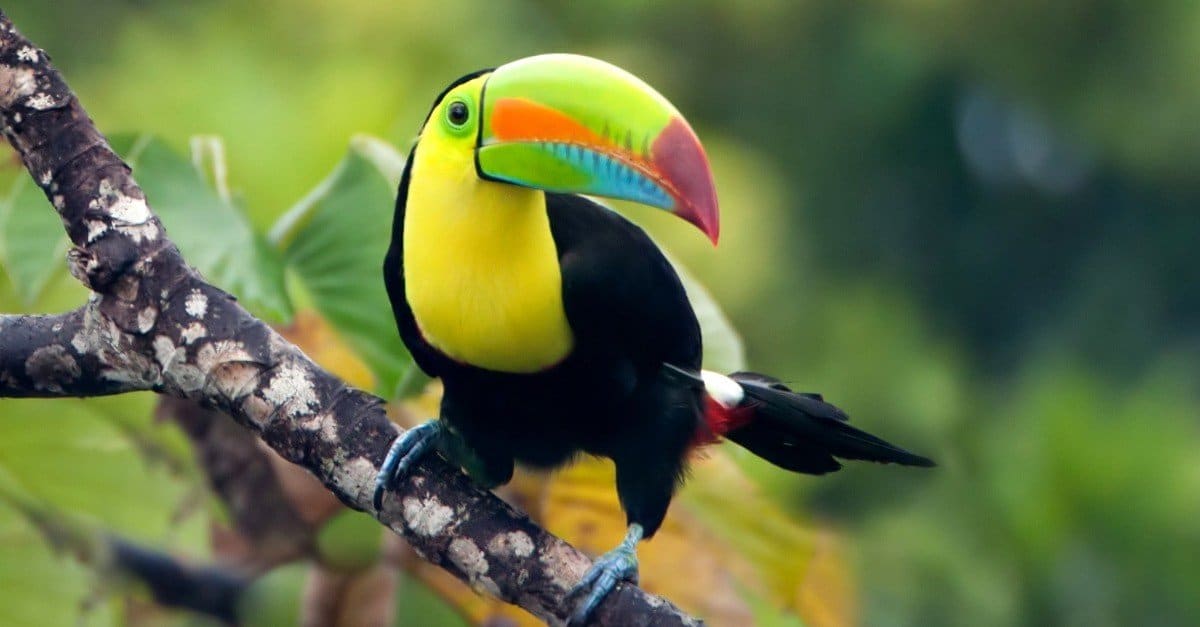
Panama’s tropical wildlife is a great attraction to living there.
©iStock.com/tzooka
Although this article focuses on the downsides of living in Panama, it’s worth considering what attracts so many people to vacation and relocate to this beautiful country. Here are a few factors:
- The Panamanian people are generally kind, helpful, and friendly to foreigners.
- The country has a summerlike tropical climate, vegetation, and exotic wildlife.
- The cost of living is affordable, at about $1,500 a month in the country and $3,000 a month in the city.
- Panama offers senior discounts including tax breaks on cars and home goods and discounts on hotels, entertainment, public transportation, medicine, restaurants, and professional services.
- Public transportation is cheap and reliable and the main roads are well-maintained.
- The quality of healthcare is equal to any in Latin America and is very affordable. You can also go to private clinics if you’re willing to pay more. If you want to be treated in a U.S. hospital, remember a flight to Miami is only four hours away.
- The economy is among the strongest in Latin America and the political system is stable.
1. You’ll Need to Learn Spanish

You’ll meet expatriates, but you’ll still need to learn Spanish to communicate with local people.
©iStock.com/millann
In many parts of the world, including Panama, English can take you a long way. However, you’ll want to continually improve your Spanish to be able to communicate with local people and not feel like such an outsider. Language learning is a great way to keep your mind active, but it can be difficult for people of retirement age who may not have studied a subject like this in many years.
2. The Weather Isn’t For Everyone
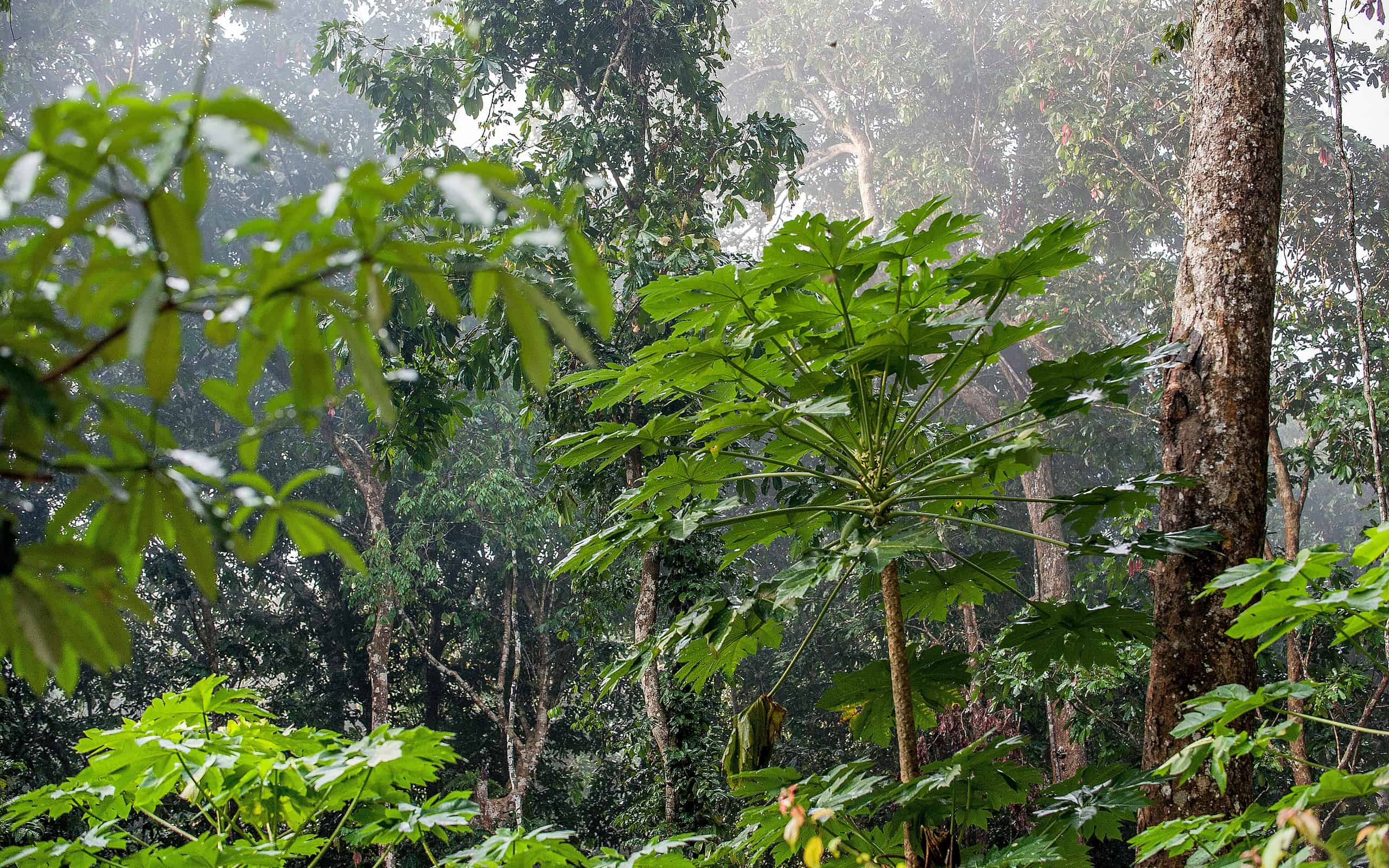
The rain, heat, and humidity ideal for Panamanian rainforests make it difficult for some retirees.
©USO/iStock via Getty Images
Everyone thinks they want to live in a tropical place until they do. The reason Panama is so green and lush is that it’s hot and humid, and it rains a lot. The temperature stays in the range of 75-92°F but the humidity is high. In the drier season, you can expect a few hours of rain in the morning or evening, but during the rainy season, torrential rains fall at various times throughout the day for a few hours at a time. Homes and businesses will not be as frigidly air-conditioned as you might have experienced in the U.S. Rust, mold, and mildew are also much more persistent problems there.
3. It Is a Cash-Based Economy

You’ll have to carry cash on you at all times in Panama, as cards are not always accepted.
©lzf/iStock via Getty Images
As in many countries of the world, you can find ATMs and use credit and debit cards in some stores in large cities. In smaller towns and rural areas, this will not always be the case unless it is a place that caters to large numbers of tourists. You may even need to pay monthly bills like rent and utilities in cash. Not only is this inconvenient, but it makes you vulnerable to theft and leaves you without an electronic record that your bills have been paid (get receipts and save them!) An upside is that you’ll be able to use U.S. dollars, as they circulate widely in the country.
4. The Pace of Life is Maddeningly Slow

Life in Panama is super relaxed, which sometimes means less work gets done.
©sanjagrujic/iStock via Getty Images
If you want to get away from the busy rat race and live somewhere with a slower pace of life, Panama could be the place for you. People take precedence over productivity. A job will get done whenever it gets done, with plenty of breaks for conversation along the way. However, what feels charming and relaxing when you’re on vacation can become frustrating when you have important business to get done.
5. Unreliable Infrastructure
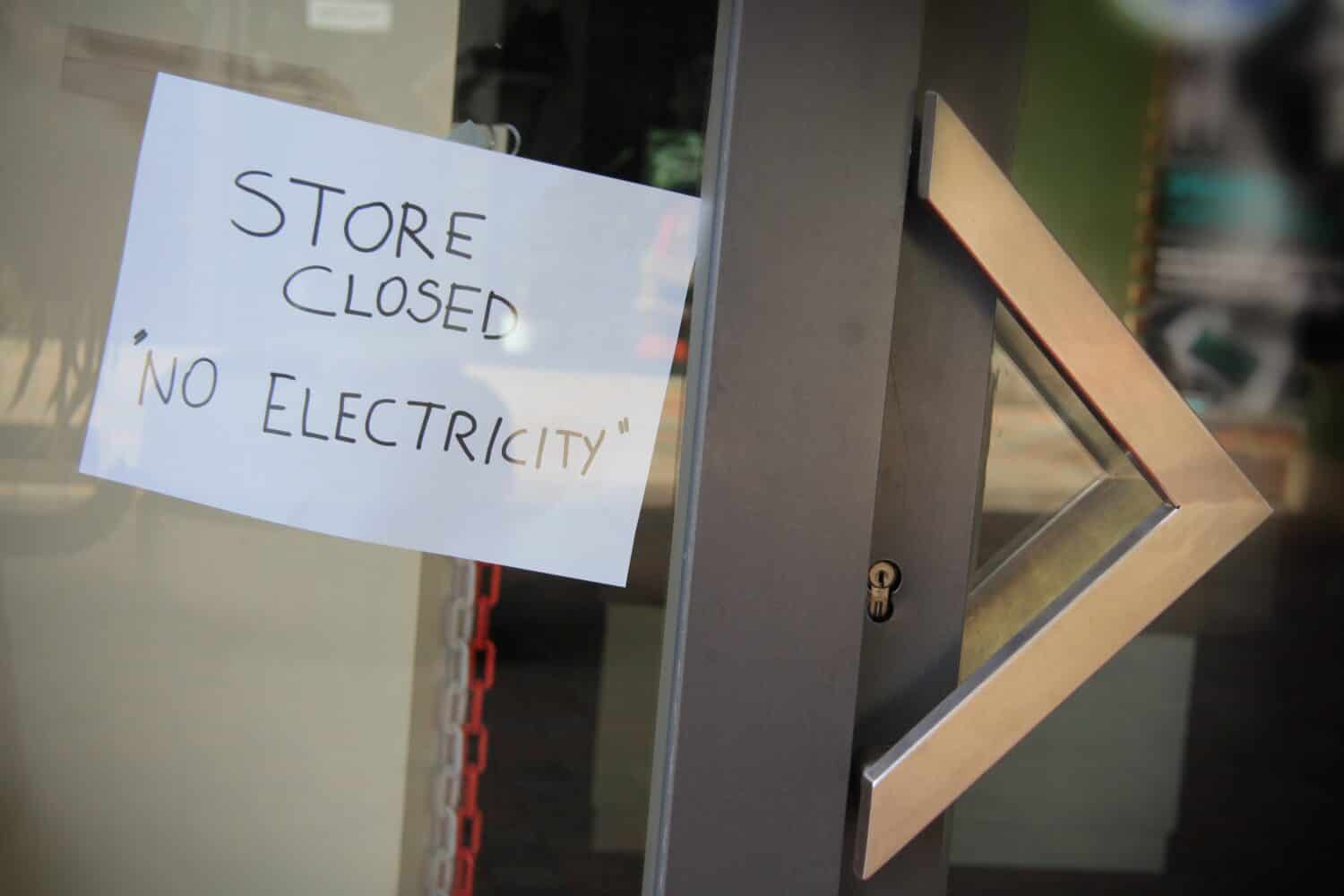
Power outages are relatively common in Panama.
©pamela ranya/Shutterstock.com
It is not uncommon in Panama to lose power or water. Even though they are often restored within a few hours, living with this day in and day out for years can wear on your patience. Many people install a backup water tank and a generator to ensure more stability in their utilities. Additionally, although the main roads are usually well-maintained, sidewalks and smaller streets have potholes and cracks. This can create accessibility issues for people in wheelchairs or those needing assistance walking.
6. A High Crime Rate

You’ll have to avoid certain areas in Panama to keep yourself safe.
©ibreakstock/Shutterstock.com
Panama has a higher crime rate than neighboring Costa Rica, but lower than Mexico. The U.S. State Department has issued a Level 2 Advisory for Panama, meaning Americans should exercise increased caution there. Travel to some parts of the Mosquito Gulf and the Darién Region as well as certain neighborhoods of Panama City is not advised. These areas are particularly prone to violent crime associated with drug trafficking. Local people and expatriates living there will be able to provide additional warnings about areas to avoid.
Is Panama Right For You?

Consider what lifestyle you want in retirement, and where in the world you can afford it.
©Jacob Lund/ via Getty Images
Retirement decisions are momentous, whether you decide to move abroad or stay in the U.S. During senior years, some people prefer to live closer to their children and grandchildren. Some retirees might prefer to live in a familiar place rather than take on the stress of a new lifestyle. Finances are an important part of the decision. For someone without a lot of savings, living overseas at a lower cost of living may be the best choice. That experience will be most enjoyable for an adventurous, adaptable, and open-minded person. If that sounds like you, then maybe Panama will be your future home!
The photo featured at the top of this post is © SevenMaps/Shutterstock.com
Thank you for reading! Have some feedback for us? Contact the AZ Animals editorial team.




